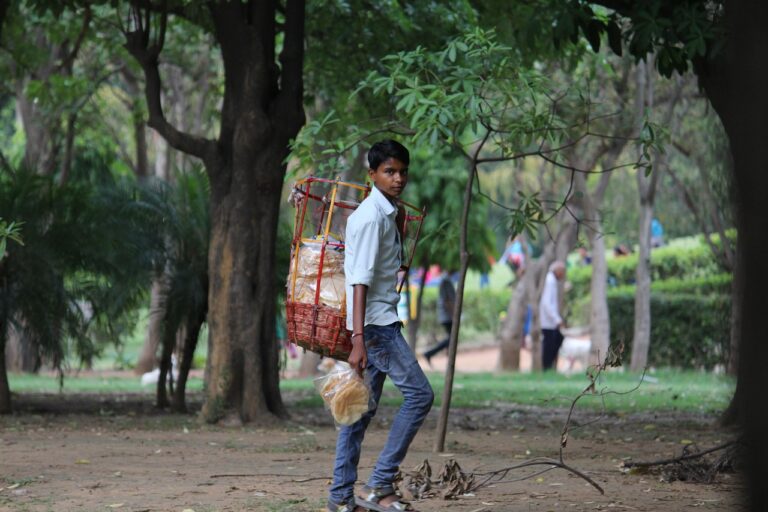Voter ID Verification: Challenges for Voters in Indigenous Communities: Cricket bet99 login, Sky11 login, Reddy anna online book
cricket bet99 login, sky11 login, reddy anna online book: Voter ID Verification: Challenges for Voters in Indigenous Communities
In recent years, there has been a growing focus on the importance of voter ID verification to ensure the integrity of elections. While this is a crucial step in preventing voter fraud, it can also present challenges for voters in Indigenous communities. These challenges range from access to identification documents to the lack of culturally sensitive voter registration processes. In this article, we will discuss some of the key issues faced by Indigenous voters when it comes to voter ID verification.
Identity Documentation Barriers
One of the main challenges faced by Indigenous voters is the lack of access to required identification documents. Many Indigenous individuals live in remote or rural areas where obtaining government-issued IDs can be difficult. In some cases, individuals may not have a birth certificate or other primary forms of identification required to register to vote.
Language and Cultural Barriers
Another significant challenge is the lack of culturally sensitive voter registration processes. Indigenous communities often have unique languages, customs, and traditions that may not be accommodated in mainstream voter registration procedures. This can make it difficult for Indigenous voters to navigate the registration process and obtain the necessary identification documents.
Transportation and Geographic Barriers
Transportation and geographic barriers can also pose challenges for Indigenous voters. Many Indigenous communities are located in remote areas with limited access to transportation and government services. This can make it difficult for individuals to travel to government offices to obtain identification documents or register to vote.
Discrimination and Voter Suppression
Unfortunately, Indigenous voters have historically faced discrimination and voter suppression efforts that make it even more challenging to participate in the electoral process. Voter ID laws and other restrictive voting measures can disproportionately impact Indigenous communities and limit their access to the ballot box.
Cultural Sensitivity and Voter Education
To address these challenges, it is essential for policymakers and election officials to take a culturally sensitive approach to voter ID verification. This includes providing alternative forms of identification for individuals who may not have traditional government-issued IDs. Voter education campaigns should also be tailored to the specific needs of Indigenous communities to ensure that all eligible voters are able to participate in the electoral process.
Frequently Asked Questions
Q: What forms of identification are accepted for voter ID verification?
A: Each state has its own requirements for acceptable forms of identification. It is important to check with your state election office to find out which documents are needed to register to vote.
Q: How can Indigenous voters overcome barriers to obtaining identification documents?
A: Indigenous voters can work with local community organizations, tribal governments, and election officials to navigate the process of obtaining necessary identification documents.
Q: What can be done to improve voter access for Indigenous communities?
A: Policymakers should work to implement culturally sensitive voter registration processes, provide alternative forms of identification, and address transportation and geographic barriers to ensure that Indigenous voters can fully participate in the electoral process.
In conclusion, voter ID verification presents unique challenges for Indigenous communities that must be addressed to ensure that all eligible voters have equal access to the ballot box. By taking a culturally sensitive approach to voter registration and identification processes, we can help empower Indigenous voters and uphold the principles of democracy for all.







